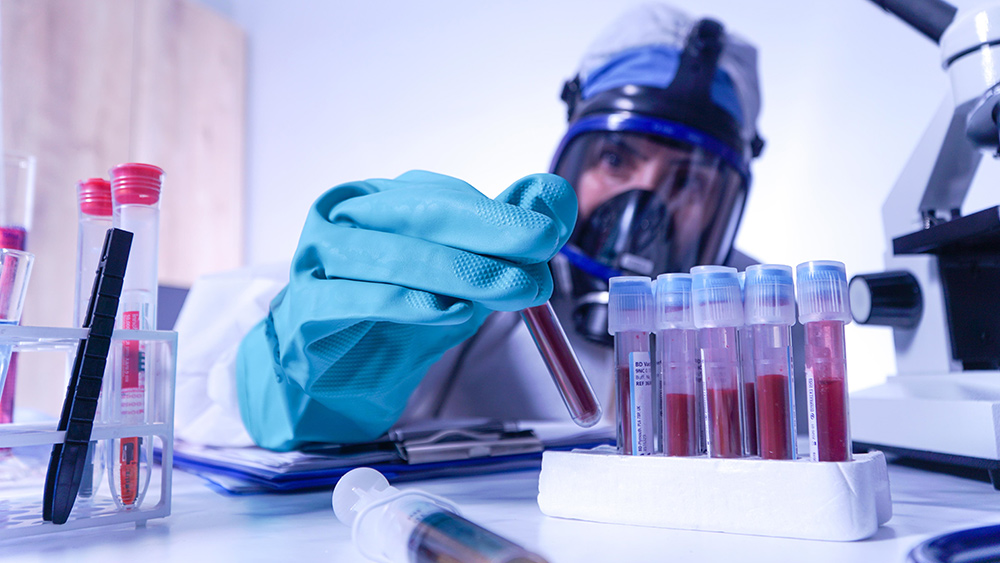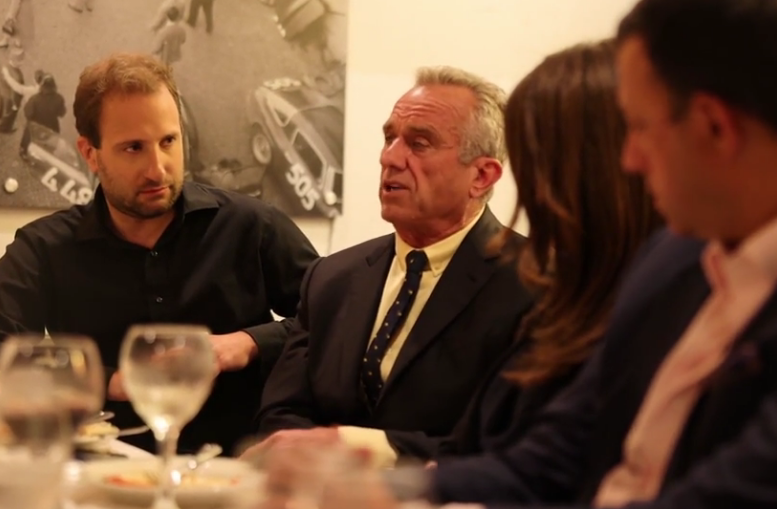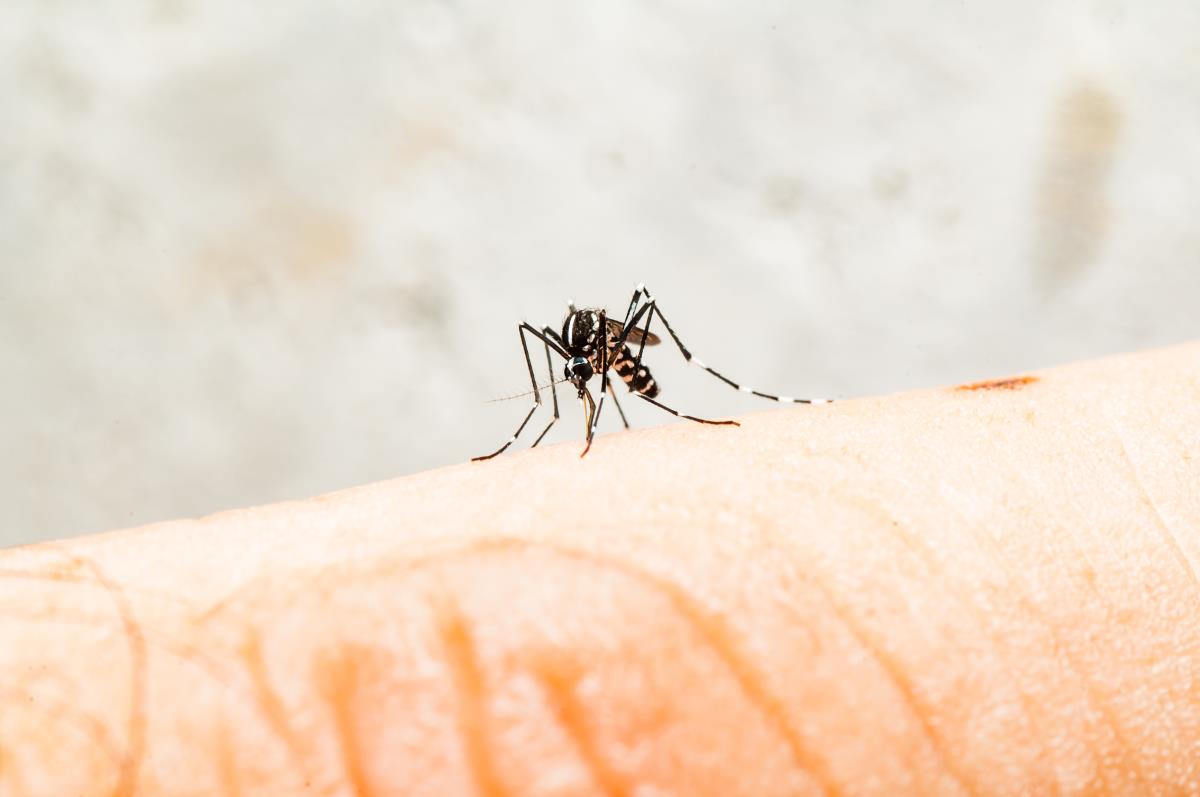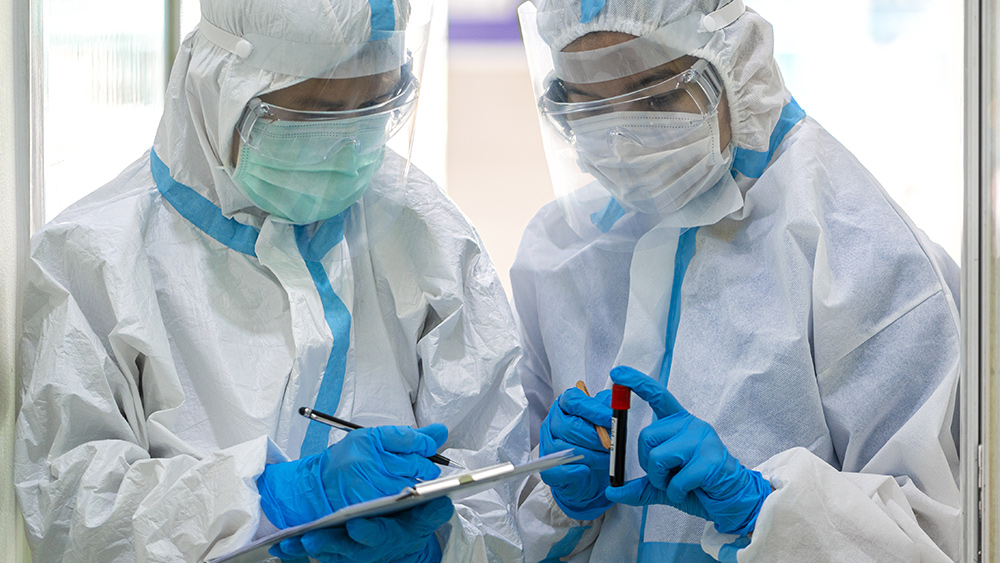
"These kinds of lab leaks happen all the time, actually. Even here in the United States, we've had mishaps," Gottlieb said. "And in China, the last six known outbreaks of SARS-1 have been out of labs, including the last known outbreak, which was a pretty extensive outbreak that China initially wouldn't disclose that it came out of a lab."
According to Gottlieb, uncovering the true origins of the Wuhan coronavirus (COVID-19) is key to helping identify potential gaps in safety protocols and reduce the risk of future pandemics.
The theory that SARS-CoV-2, the virus that causes COVID-19, leaked from a lab has been building steam. (Related: Top researchers insist Wuhan coronavirus lab escape theory still viable, call for more investigations.)
"We've done an exhaustive search for the so-called intermediate host, the animal that could have been a host to this virus before it spread to humans. We have not found such an animal," Gottlieb said.
Known issues at the Wuhan Institute of Virology (WIV), the facility at the heart of the controversy, further buoyed the case for the lab-leak theory.
"We know that that lab was poorly constructed, had poor controls. We know the lab was engaging in very high-risk research, including infecting transgenic animals, animals with fully human immune systems," Gottlieb said.
"We know they were working with SARS-like viruses that have never been disclosed before. And now we have new evidence that some lab workers became infected right at the time that this virus was believed to be first introduced."
WIV researchers hospitalized with COVID-like symptoms in November 2019
Late last month, the Wall Street Journal cited unnamed sources familiar with a previously undisclosed U.S. intelligence report indicating that three researchers at the WIV were hospitalized in November 2019 with symptoms consistent with seasonal flu and COVID-19.
It was roughly around that time many epidemiologists and virologists believe SARS-CoV-2 began circulating around the central Chinese city of Wuhan. The first confirmed case of COVID-19 was a man who fell ill on Dec. 8, 2019.
China has denied any connection between the virus's origins and the Wuhan lab, saying that the virus was most likely transmitted to humans by an animal host. However, no intermediate host has been found as Gottlieb pointed out.
Amid questions about the origins of the virus, WIV has refused to share its raw data, safety logs and lab records about its work on coronaviruses in bats.
"China could provide evidence that would be exculpatory here," Gottlieb said.
That evidence would include lab records, including some of the original viral source strains, as well as blood samples from the Wuhan lab staff. "They've refused to do that," Gottlieb said.
Instead, Chinese officials claimed that the virus originated outside of China. At a May 24 press briefing, Foreign Ministry spokesman Zhao Lijian accused the U.S. of releasing the virus from the Fort Detrick military base in Maryland.
Shi Zhengli, the top bat coronavirus expert at WIV, told the WHO-led team that traveled to Wuhan earlier this year to investigate the origins of the virus that all staff had tested negative for COVID-19 antibodies and there had been no turnover of staff on the coronavirus team.
Intelligence community to be more involved in probe of COVID-19 origins
Gottlieb urged the U.S. intelligence services to be more involved, saying that the COVID-19 outbreak speaks to the need for viewing "public health through the lens of national security."
"Traditionally, we've relied on international conventions and scientists working together, multilateral agreements to try to assess the risks and try to uncover these kinds of outbreaks. I think we also need to get better surveillance in place and use our tools of national security to help engage in that mission as well," Gottlieb said.
President Joe Biden announced on May 26 that he has ordered intelligence agencies to take a closer look at two equally plausible scenarios regarding the origins of COVID-19 – one through human contact with an infected animal, the other a lab leak.
"I have now asked the intelligence community to redouble their efforts to collect and analyze information that could bring us closer to a definitive conclusion and to report back to me in 90 days. As part of that report, I have asked for areas of further inquiry that may be required, including specific questions for China," Biden said in a statement. (Related: Australian national broadcaster embraces covid lab-leak theory as Biden administration takes closer look at the possibility.)
Biden also directed the country's national laboratories to assist with the investigation and called on China to cooperate with international inquiries into the origins of the pandemic.
Follow Pandemic.news for more news and information related to the coronavirus pandemic.
Sources include:
Please contact us for more information.























